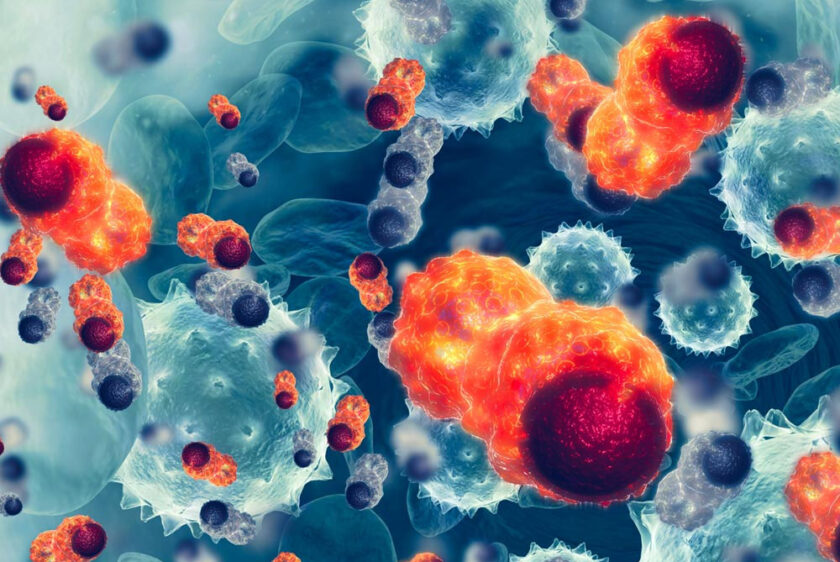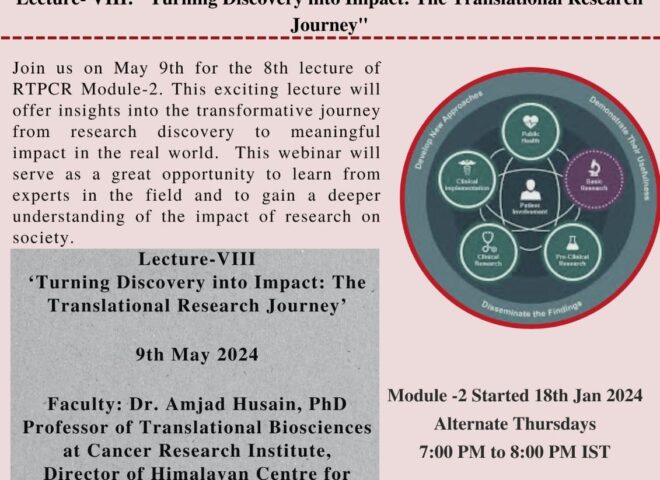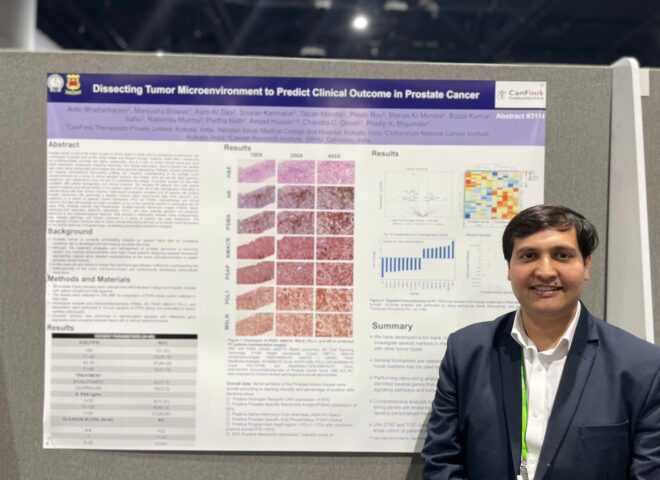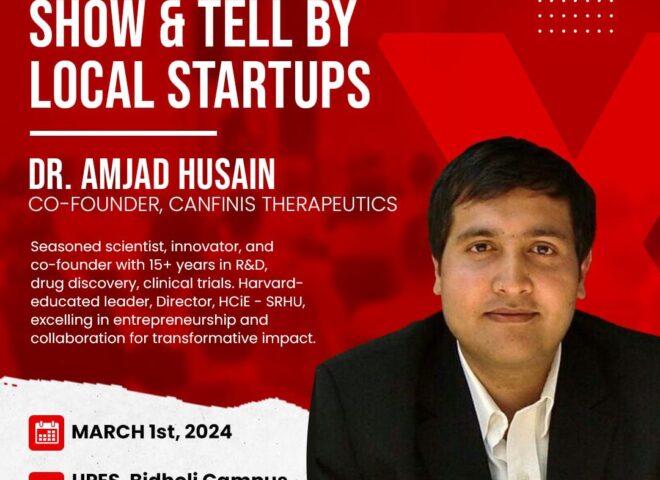
About CanFinis
CanFinis Therapeutics is a Life Sciences start-up
oUR sCIENCES
Identifying the Challenge
In addition to being the second leading cause of death globally, cancer is rapidly worsening the state of the public health in Southeast Asia. Management of Cancer is primarily driven by either surgery, medication and/or radiation therapy.
Many times, the tumor cells do not respond to the drug and that’s where our tumor micro environment platform can help. The Canfinis tumor platform takes into account key tumor micro environment factors such as physical, mechanical and chemical properties and test the efficacy in nearly physiological conditions. Cancer is a genomic disease, and every patient is unique and different. For each patients, we need to have a personalized treatment that is specific and efficacious.
Additionally, Canfinis is developing a novel CAR-T cell for the treatment of solid tumours. With targeted strategy, CAR-Ts have demonstrated remarkable efficacy in treating a small number of haematological cancers so far, however solid cancers have not yet responded well to this treatment modality.

Revolutionizing Cancer Treatment
Advanced CAR-T Solutions

Tailored Precision
Precision-engineered CAR-T treatments tailored to individual patients for enhanced efficacy and outcomes

Breaking Barriers
Advancing CAR-T therapy to target solid tumors, overcoming previous limitations for broader cancer treatment

Revolutionizing Treatment
Innovating cancer care by assessing CAR-T efficacy in realistic tumor environments pre-treatment, ensuring optimal results
CAR T Cell Treatment
Our Technology
CAR T cell therapy is a type of cancer immunotherapy treatment that uses T cells that are genetically altered to enable them in destroying cancer cells more effectively. CAR T-cell treatment has recently generated substantial excitement in the field of oncology. While immune checkpoint inhibitors are more commonly utilized than CAR T-cell treatments, the latter have demonstrated the phenomenal results in eliminating highly advanced leukemias and lymphomas and to prevent cancer for extended periods of time.The Food and Drug Administration (FDA) has approved several CAR T-cell treatments for the treatment of blood malignancies, including multiple myeloma and some types of leukemia and lymphomas. We at Canfinis are developing personalized CAR-Ts for the treatment of solid tumours, and targeting both primary and metastasized cancers based on our understanding of tumor microenvironments and antigen heterogeneity. CanFinis will also develop an allogenic CAR-T platform to expedite the development of personalized CAR-Ts for solid tumors. The Canfinis tumor microenvironment platform would also tests the efficacy of our in house developed CAR-T ex-vivo in physiological settings for a patient’s unique cancer, prior to CAR-T treatment.
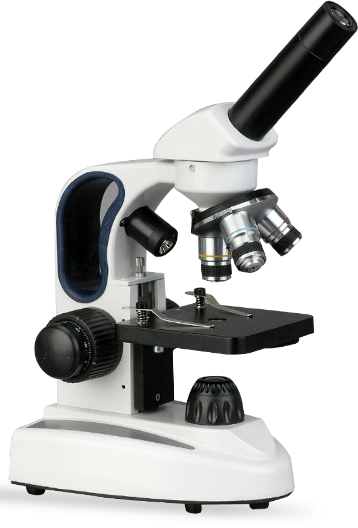
16 +
1 k
172
112 +
services
Having the best lab
products for you
testimonials
Some feedbacks from
honorable clients
700 +

SCOPE
Team member

SCOPE
Market Growth & Opportunity
As of 2023, the global oncology market is estimated to be worth over $200 billion, driven by advancements in treatment options, increasing cancer prevalence, and growing investments in research and development. In India, the oncology market is experiencing significant growth, projected to reach approximately $20 billion by 2026. Factors contributing to this expansion include rising healthcare access, increasing awareness, and a growing emphasis on personalized medicine.
High cost: ~$500,000 per patient for CAR-T therapy
Develop affordable novel CAR-Ts for solid cancer treatment
CanFisis
Current Cost of CAR-T
Chimeric Antigen Receptor T-cell (CAR-T) therapy is an advanced form of immunotherapy that has shown promising results in treating certain types of cancers, particularly hematologic malignancies like lymphoma and leukemia. However, the cost of CAR-T therapy is notably high, often exceeding $500,000 per patient in the U.S., which includes the costs of the therapy itself, hospital stays, and additional supportive care.
Factors influencing the cost include the complexity of the treatment process, the need for specialized facilities, and the expense of manufacturing personalized CAR-T cells. Our ongoing research and development aim to make this therapy more accessible and affordable for Indian patients bringing it down by 10 fold as the current costs pose challenges for patients and healthcare systems alike.
